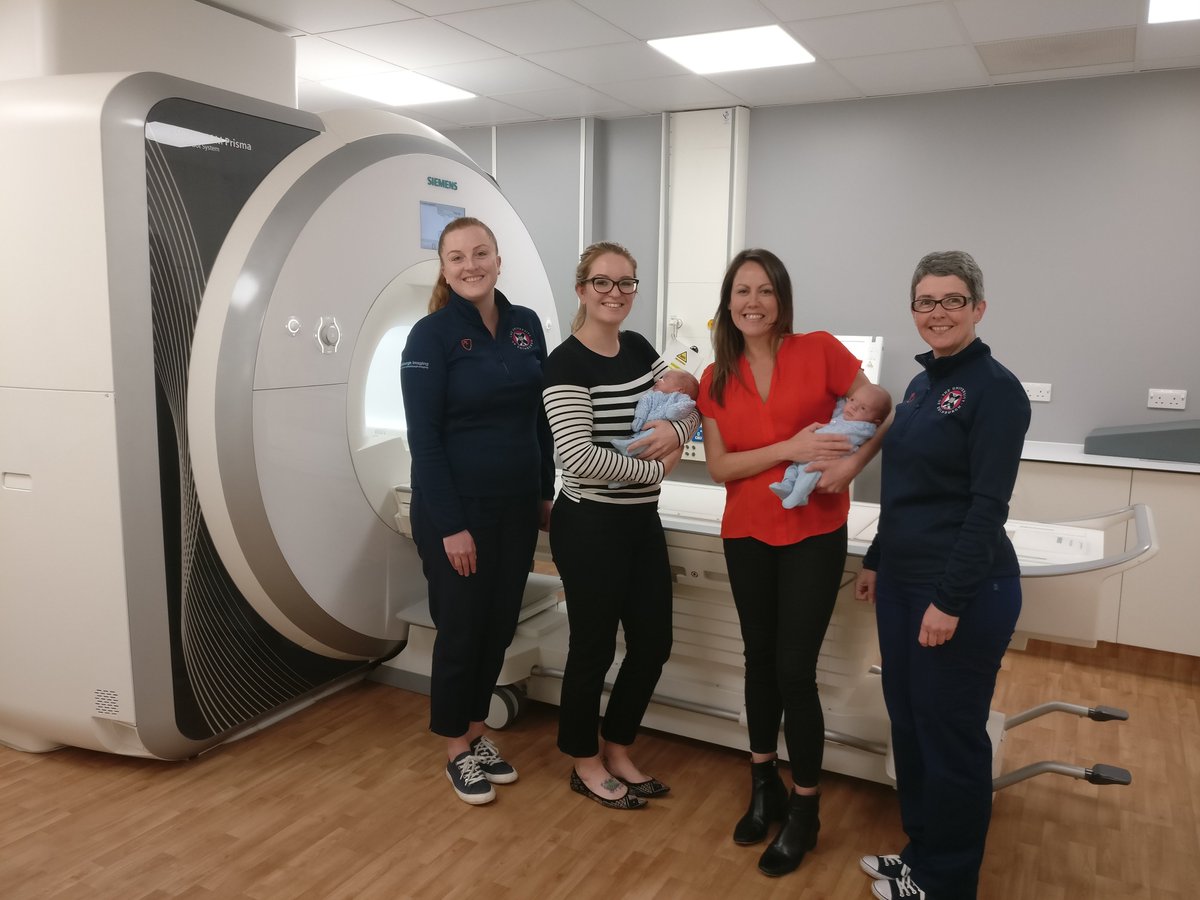**NEW SURVEY KLAXON**
Most of my research chat on here is about autism, but I& #39;m also involved in some fantastic work on #preterm birth.
We are now planning the next epoch of our study & want to capture parent perspectives to inform that.
https://edinburgh.onlinesurveys.ac.uk/prematurity-parent-engagement-and-attitudes-to-research-4
THREAD">https://edinburgh.onlinesurveys.ac.uk/prematuri...
Most of my research chat on here is about autism, but I& #39;m also involved in some fantastic work on #preterm birth.
We are now planning the next epoch of our study & want to capture parent perspectives to inform that.
https://edinburgh.onlinesurveys.ac.uk/prematurity-parent-engagement-and-attitudes-to-research-4
THREAD">https://edinburgh.onlinesurveys.ac.uk/prematuri...
The #TheirworldEBC is an incredible longitudinal cohort, led by @JamesPeterBoar2 and funded by @theirworld
We& #39;re recruiting 400 infants of which 300 are born early, at less than 32 weeks - in other words, a couple of months before their due date
http://www.tebc.ed.ac.uk/ ">https://www.tebc.ed.ac.uk/">...
We& #39;re recruiting 400 infants of which 300 are born early, at less than 32 weeks - in other words, a couple of months before their due date
http://www.tebc.ed.ac.uk/ ">https://www.tebc.ed.ac.uk/">...
We collect a whole bunch of information from babies and their families around the time they& #39;re born, including brain scans.
This photo shows some of our team, including the 100th and 101st recruits before their scan!
This photo shows some of our team, including the 100th and 101st recruits before their scan!
After that we follow up with the families
First, when their babies are 4.5 months and 9 months old.
And again as the children turn two years and at five years old.
There& #39;s a comprehensive set of assessments that capture all sorts of cognitive, language and social development
First, when their babies are 4.5 months and 9 months old.
And again as the children turn two years and at five years old.
There& #39;s a comprehensive set of assessments that capture all sorts of cognitive, language and social development
If you& #39;re curious about the scientific detail of the protocol you can read about it here:
"We aimed to investigate ... preterm birth by studying a cohort ... using brain MRI linked to biosamples and clinical, environmental and neuropsychological data." https://bmjopen.bmj.com/content/10/3/e035854.abstract">https://bmjopen.bmj.com/content/1...
"We aimed to investigate ... preterm birth by studying a cohort ... using brain MRI linked to biosamples and clinical, environmental and neuropsychological data." https://bmjopen.bmj.com/content/10/3/e035854.abstract">https://bmjopen.bmj.com/content/1...
We& #39;ve reached a turning point in the study, which is why we& #39;re seeking parent perspectives
Data from the early years are yielding key insights about how children grow-up after being born early
Like this paper on social development
@TheJCPP @dean_bethan https://acamh.onlinelibrary.wiley.com/doi/10.1111/jcpp.13304">https://acamh.onlinelibrary.wiley.com/doi/10.11...
Data from the early years are yielding key insights about how children grow-up after being born early
Like this paper on social development
@TheJCPP @dean_bethan https://acamh.onlinelibrary.wiley.com/doi/10.1111/jcpp.13304">https://acamh.onlinelibrary.wiley.com/doi/10.11...
One of the things we want to know is:
When is the right time to start talking about longer-term developmental consequences of preterm birth?
Especially given that tons of children go on to thrive, and its still hard to be sure early on, which children those are
When is the right time to start talking about longer-term developmental consequences of preterm birth?
Especially given that tons of children go on to thrive, and its still hard to be sure early on, which children those are
Another question is about what we focus on in the next epoch of the study.
We will soon be designing the protocol for seeing children from 5-10 years old, and we want to capture parent perspectives of what& #39;s important.
We will soon be designing the protocol for seeing children from 5-10 years old, and we want to capture parent perspectives of what& #39;s important.
There have been some excellent parent consultations to capture community priorities relating to #preterm birth research.
For example this @LindAlliance priority setting exercise: https://www.jla.nihr.ac.uk/priority-setting-partnerships/preterm-birth/top-10-priorities/
But">https://www.jla.nihr.ac.uk/priority-... they tend to focus on the peri-natal period.
For example this @LindAlliance priority setting exercise: https://www.jla.nihr.ac.uk/priority-setting-partnerships/preterm-birth/top-10-priorities/
But">https://www.jla.nihr.ac.uk/priority-... they tend to focus on the peri-natal period.
There& #39;s also some superb work looking at practical resources for parents and teachers - I& #39;m an especially big fan of this from @SamJPsych and @DrVicSimms and colleagues. https://twitter.com/SamJPsych/status/1298617957552140290?s=20">https://twitter.com/SamJPsych...
but we also think there& #39;s a space here to examine what parents might want from longitudinal studies and to think about how & when we start the conversation about long-term outcomes following early birth.
Parents, we& #39;re interested in what you have to say!
Parents, we& #39;re interested in what you have to say!
SO, if YOU are a parent of a child who was born early please consider filling our survey at this link.
You can complete our survey if your child:
- was born at less than 37 weeks
- is now aged 12 years old or less
It& #39;ll take about 20 minutes
https://edinburgh.onlinesurveys.ac.uk/prematurity-parent-engagement-and-attitudes-to-research-4">https://edinburgh.onlinesurveys.ac.uk/prematuri...
You can complete our survey if your child:
- was born at less than 37 weeks
- is now aged 12 years old or less
It& #39;ll take about 20 minutes
https://edinburgh.onlinesurveys.ac.uk/prematurity-parent-engagement-and-attitudes-to-research-4">https://edinburgh.onlinesurveys.ac.uk/prematuri...
Finally, I should add that as the children in our study get older, we will also be asking them what& #39;s important to study.
Thanks for reading this far and please do spread the word for us.
/end
Thanks for reading this far and please do spread the word for us.
/end

 Read on Twitter
Read on Twitter




